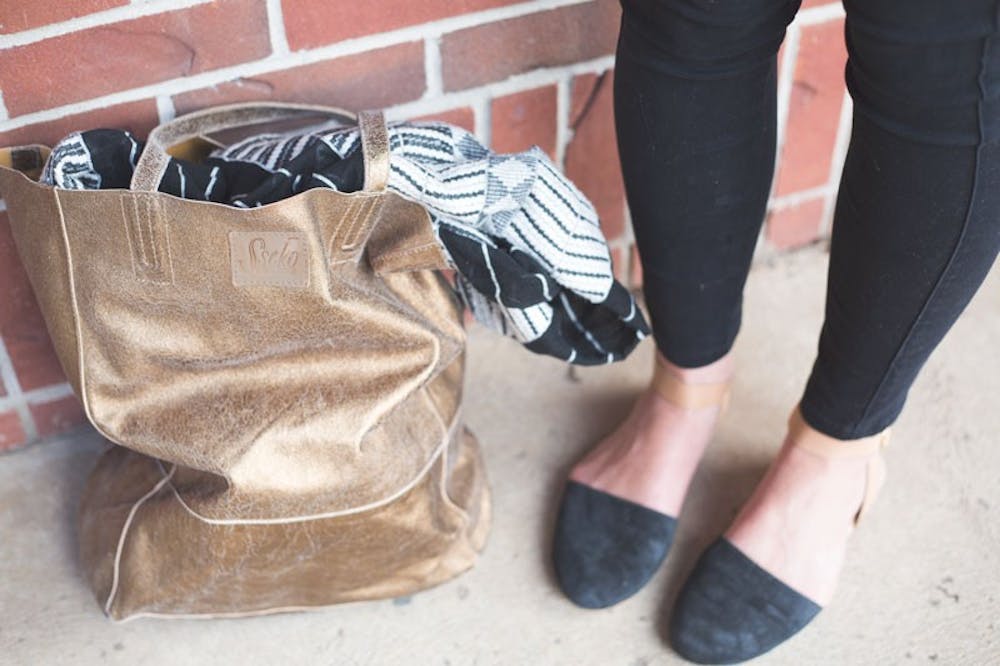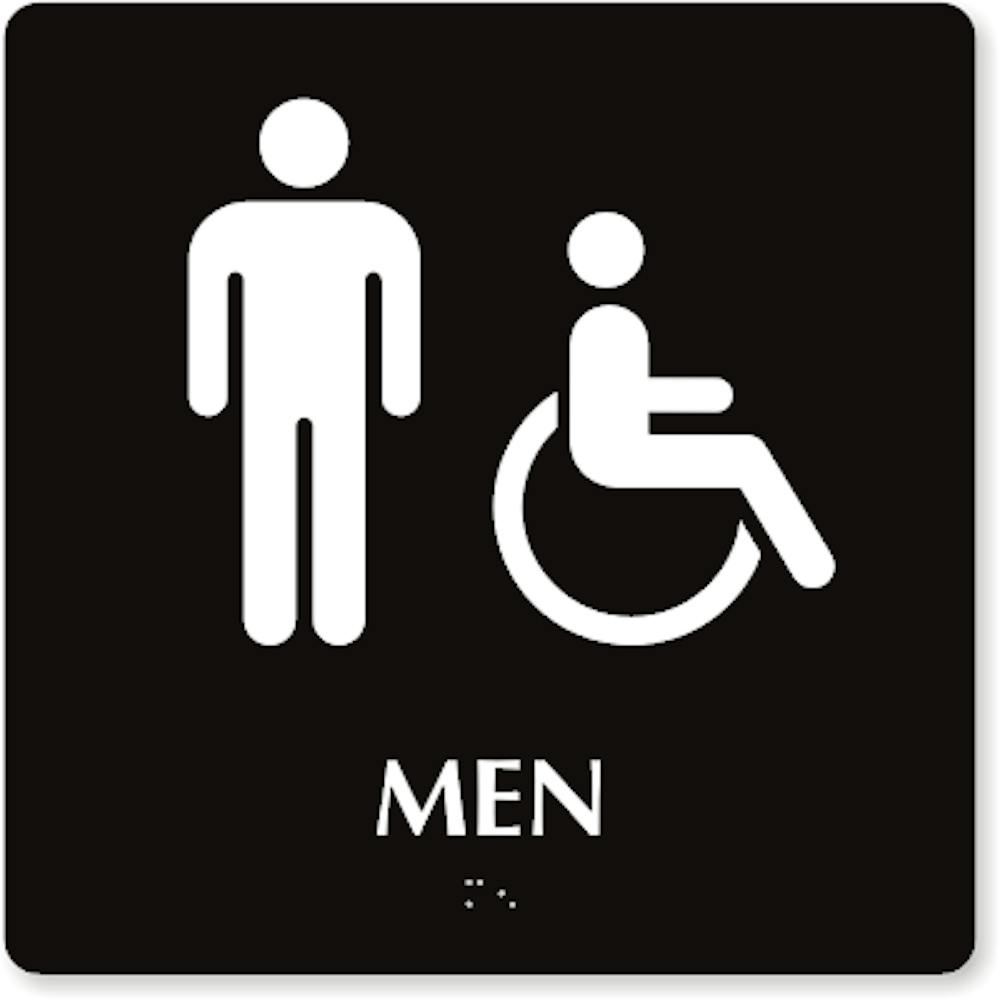By Nicole Arpin | Contributor

Who made your shirt? No, not the brand name sewn on the tag. Whose hands pulled the lever on the machine that stitched your jeans? Was their paycheck sufficient? Could they feed their family with it? How did that jean-stitching machine affect their community's air or rivers?
American consumers are hungry for sales, and fashion brands are eager to accommodate with low-quality clothing (the industry standard is now ten washes of wearability for any item) at low costs. Affordable prices mean Americans are buying more clothes more frequently and disposing of them just as rapidly. This cycle of buying cheap clothes in excess-known as "fast fashion"-has massive implications for the environment and human rights.
Eileen Fisher, a major fashion magnate, said last year, "The clothing industry is the second largest polluter in the world . . . second only to oil. It's a really nasty business." Our tons of excess, non-biodegradable clothing items pack landfills and pollute the ground. Christians who care about stewarding the earth should be concerned about the effects of the fast fashion industry.
Fast fashion's dangerous cycle spins out beyond environmental implications and into horrific human rights issues. According to Canada's Standing Senate Committee on Human Rights, the textile, clothing and footwear sectors provide employment for 60 million workers, including millions of women, migrants and young workers, mainly in the developing world. These workers' challenges range from dangerous working conditions to unjust pay and unethical hours.
According to the International Labor Rights Forum, 1,600 garment workers have died in the past three years. Bangladesh has experienced significant trauma with factory collapses and fires. Since Bangladesh is the largest importer of apparel to the U.S., there's a good chance your shirt was made by a Bangladeshi worker.
Your wallet holds massive power. As an average American, you are likely in the wealthiest 1 percent of people in the world. Where you spend your money-and what you spend your money on-affects many people thousands of miles away from you. Christians should be concerned about the wellbeing of all God's image-bearers. Isaiah 1:17 says, "Learn to do right; seek justice. Defend the oppressed. Take up the cause of the fatherless; plead the case of the widow."
Enter the idea of ethical consumerism: avoid products and services with a negative impact on society or the environment, and buy products and services produced in a socially and environmentally considerate manner. Attentive shoppers can vote with their dollars by purchasing ethically produced clothing. You can create a better world by thoughtfully shopping.
New ethical fashion brands are popping up rapidly as the American public begins to consider the impact of their dollars. Yes, ethically produced clothes are more expensive than Forever 21. But wouldn't one long-lasting, well-designed and ethically produced $50 Everlane shirt be better than a $5 Old Navy shirt that's trashed after ten washes?
Another solution to the fast fashion cycle is the concept of a capsule wardrobe, or a collection of a few timeless pieces which are wearable across seasons and decades. By squeezing your closet down to a few essential items, you can avoid overconsumption by investing in more expensive, higher-quality clothing.
If you're hung up on steep price tags and can't give up the shopping experience, consider thrift stores or consignment shops. By purchasing a second-hand shirt, you vote for one less unethically produced garment from a country like Bangladesh. Additionally, thrift stores often support their local community.
Liz Forkin Bohannon, founder of the ethical sandal brand Sseko Designs, says purchasing habits reflect inner beliefs. "Just buying a pair of sandals, a meaningless thing you would have done anyway, can now become a tangible way to manifest a belief that you have about the world," Bohannon said in an interview with Her.meneutics.
Will you buy all your clothing completely ethically? No. But you can wake up from your shopping slumber to make conscious decisions about the kind of world your money creates. Let's steward the earth and grant dignity to workers overseas by carefully considering our clothing choices.





